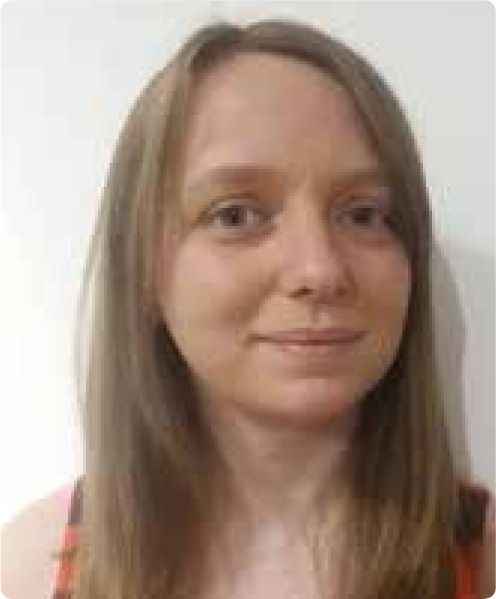
As part of my BSc Paramedic Science programme, completing the research module made up the majority of my third year, with preparations beginning well in advance. Though stressful at times, the writing and completion of my research proposal became one of my greatest achievements as a student paramedic. The exploration of literature and practical experience I took from this module helped me to develop a range of clinical skills and knowledge, which has already aided my patients on placement.
Since I was going to be completing this subject over the course of the academic year, I chose a topic which I hold an interest in: I decided to look at end-of-life care in the pre-hospital setting. Although some may feel this is a despondent area of health care, I was shown how it is an important part of life and how the interactions which take place can be positive for both clinician and patient. To gain an insight into this area, I undertook a 2-week elective placement shadowing the doctors and nurses at my local hospice. This placement helped me decide upon a research question, and I will be organising more elective placements to aid future training. This placement also helped me recognise when a severely ill patient was coming to the end of their life while out on the ambulance. Instead of rushing them to hospital, I was able to plan their treatment around their advance care plan.
With the assistance of my tutor, Professor Julia Williams, I was able to refine my research question—and so ensued the hard work. The entire proposal required a lot of planning and editing throughout its creation…I even had to buy it its own diary! Nevertheless, once I completed that universally dreaded literature search, the writing became easier. Writing the literature review can be long and complex, depending on how you search the literature, and the tips I gained from academic writing classes given by lecturers on how to narrow down searches saved me a lot of time—I would highly recommend these are not skipped!
Part of the support available for this module are the one-to-one tutorials, which I found immensely useful. These are a beneficial resource that can be unappreciated if used incorrectly, so I would prepare a list of questions to take with me to ensure this did not happen. Study groups were additionally valuable, as being able to bounce ideas off each other guided me in the right direction. Our long days in the library allowed us to bond over terrible coffees and takeaways; yet talking to my classmates and colleagues about their own research proposals further aided my professional practice, as this expanded my knowledge in their chosen topics.
A lot of blood, sweat and tea went into my research proposal but, through doing it, I feel a better clinician. Now I am prepared for when I apply to do my masters, but this won't be until sufficient recovery time has been achieved.

